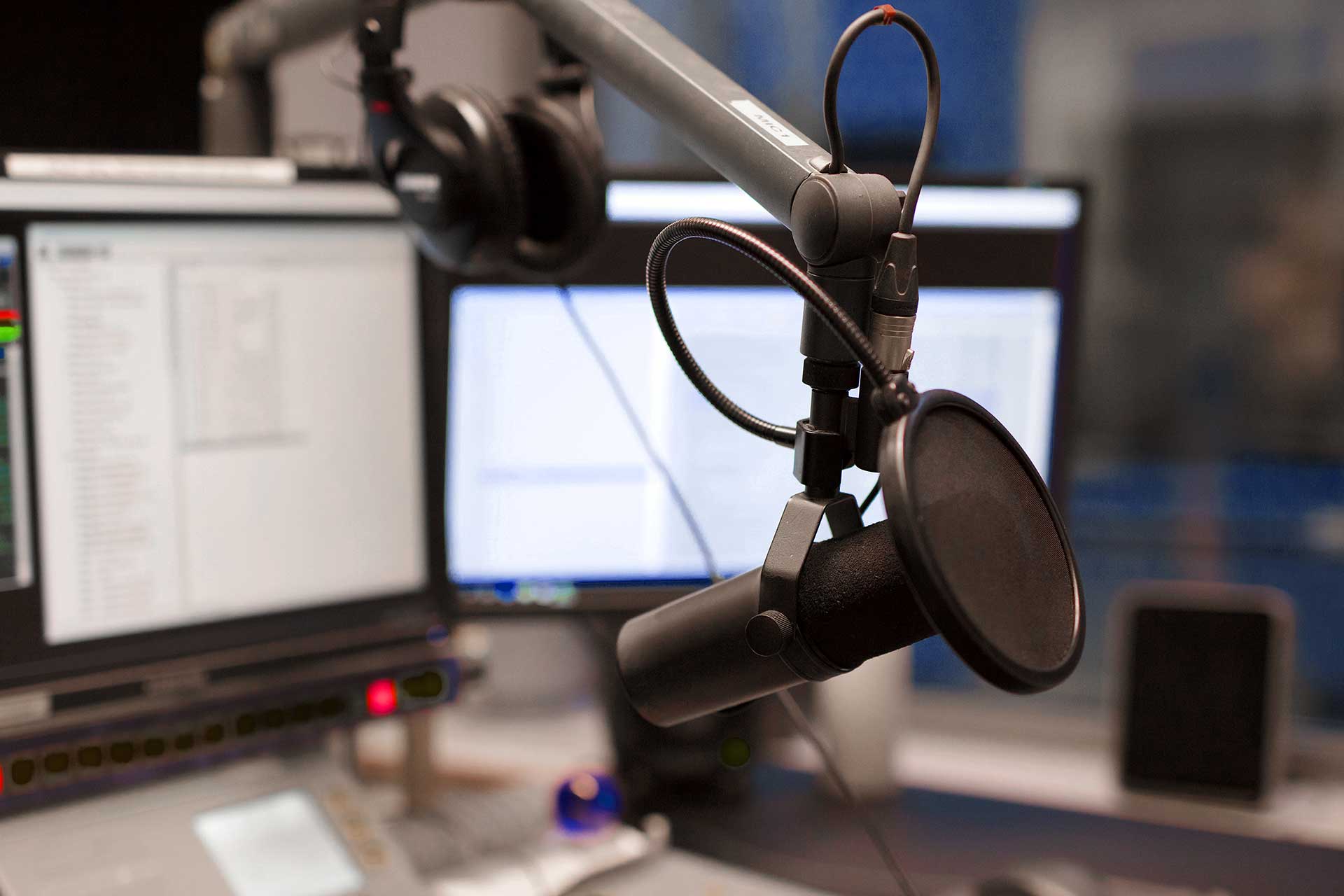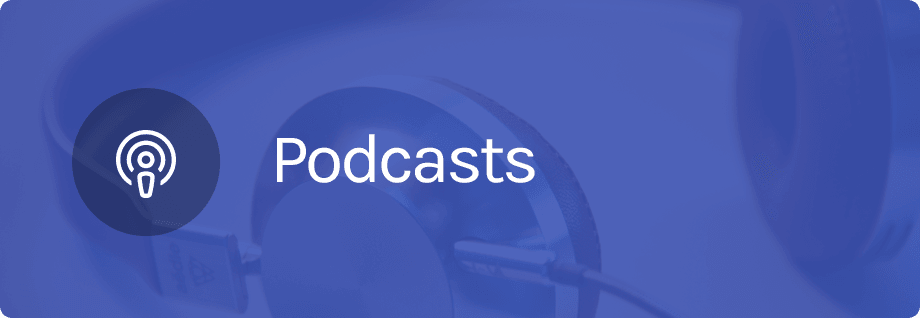Hospital radio is a form of audio broadcasting that is produced specifically for the patients, staff, and visitors of a hospital. It is often run by volunteers, and it provides a range of programming that is designed to entertain, inform, and support people who are going through a difficult time.
There are many reasons why hospital radio is important. Here are just a few:
- It provides entertainment and distraction. Hospital stays can be long and boring, and hospital radio can provide a much-needed source of entertainment for patients. It can also help to take their minds off of their illness or injury.
- It provides information. Hospital radio can provide patients with important information about their treatment, their condition, and the hospital’s services. It can also help them to stay connected with the outside world by providing news, weather, and traffic updates.
- It provides a sense of community. Hospital radio can help patients to feel less isolated and alone. It can also provide them with a sense of community by connecting them with other patients, staff, and volunteers.
- It provides emotional support. Hospital radio can provide patients with emotional support by offering them a listening ear and a shoulder to cry on. It can also help them to feel less stressed and anxious.
- It can improve patient outcomes. Studies have shown that hospital radio can improve patient outcomes by reducing stress, anxiety, and pain. It can also help to speed up recovery and reduce the length of stay in hospital.
Hospital radio is an important part of the healthcare system. It provides a valuable service to patients, staff, and visitors, and it can improve patient outcomes. If you are interested in getting involved in hospital radio, there are many ways to do so. You can volunteer at a local hospital radio station, or you can donate to support hospital radio in your community.
Here are some additional ways that radio can be beneficial:
- It can help to reduce stress and anxiety. The sound of music can be very calming and soothing, and it can help to take people’s minds off of their worries. Hospital radio can also provide patients with a sense of control and normalcy, which can be helpful in reducing stress levels.
- It can help to improve sleep. Listening to calming music or relaxing stories can help people to fall asleep more easily and sleep more soundly. This can be especially beneficial for patients who are having trouble sleeping due to pain, anxiety, or other medical conditions.
- It can help to boost mood. Listening to upbeat music or positive messages can help to improve mood and reduce feelings of depression and isolation. Hospital radio can also provide patients with a connection to the outside world, which can help to boost morale.
- It can help to educate patients. Hospital radio can provide patients with important information about their condition, treatment options, and recovery process. This information can help patients to feel more informed and in control of their healthcare.
- It can help to connect patients with others. Hospital radio can provide patients with a forum to share their stories and connect with other people who are going through similar experiences. This can help patients to feel less alone and more supported.
Hospital radio is a valuable resource for patients, staff, and visitors. It provides a range of benefits that can help to improve the quality of life for everyone in the hospital community.
If you are interested in learning more about hospital radio, there are a number of resources available online and in libraries. You can also contact your local hospital to find out more about the hospital radio station that is located there.




